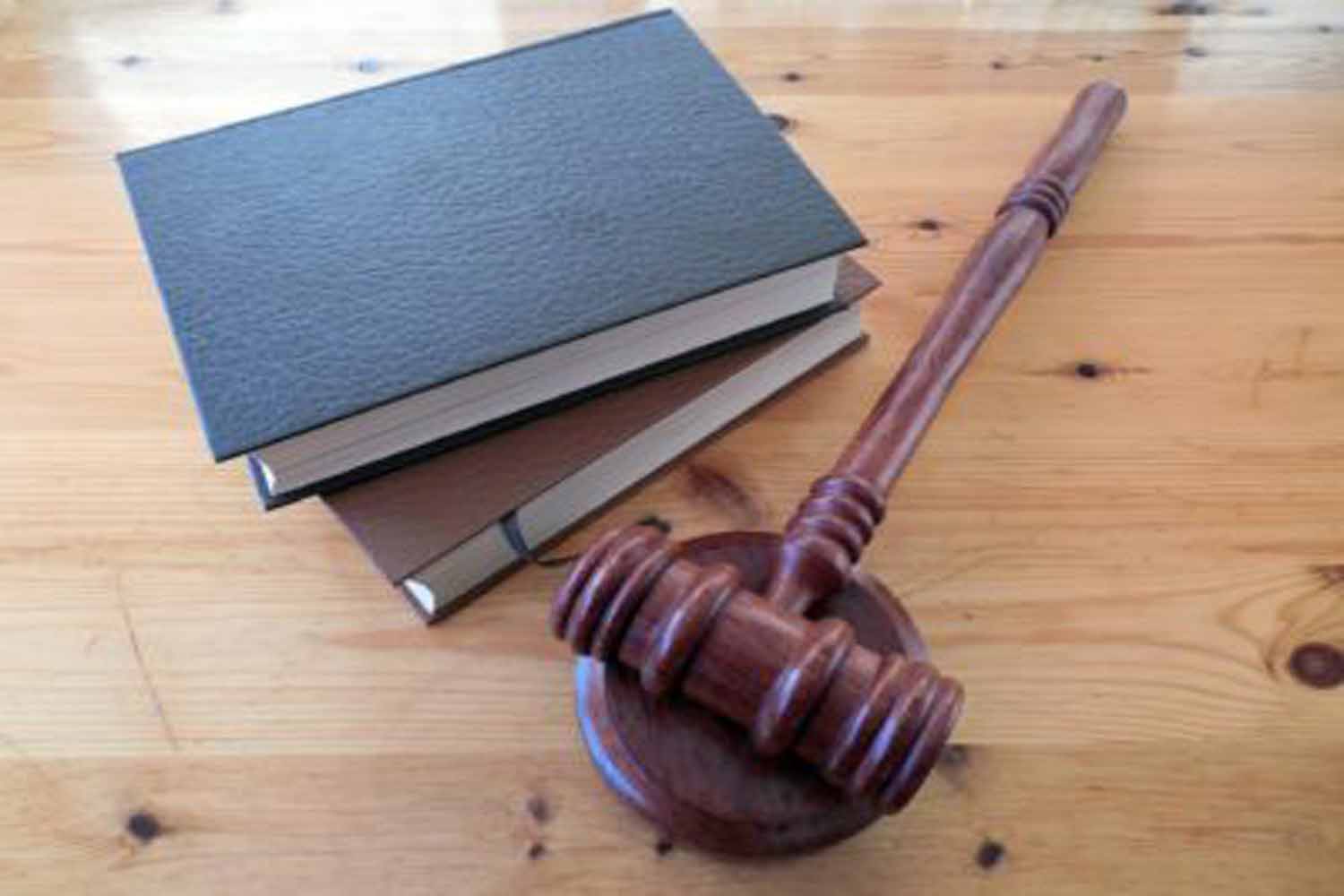When a real estate transaction fails to close, there are a multitude of legal issues that arise for the buyer, seller, and real estate broker. Often times the buyer’s earnest money binder or “deposit” is being held by a third party escrow agent. Both the buyer and seller are making conflicting claims to the binder. Section 475.25(1)(d)1., Florida Statutes, sets for the statutory procedure that real estate professionals should follow in the event of conflicting binder claims. Remember that real estate agents and brokers are regulated by the Florida Department of Business and Professional Regulation so they must follow some specific procedures in the event of a binder dispute. These procedure are outlined generally by Florida Realtors® and include seeking an Escrow Disbursement Order, Arbitration, Mediation or Interpleader. This blog will focus on the use of Interpleader Actions for escrow binder disputes in Florida.











